Trusted employees are human. They are imperfect and, like others, may have personal and financial problems that trickle into their work lives. Sometimes, such personal problems lead employees to steal exorbitant amounts of money from their employer to boost their status in society
That is merely one definition of embezzlement. Others who subscribe to this behavior take money to pay their bills or feed a personal addiction such as drugs or gambling. Together, pressure and opportunity provide the backdrop for embezzlement, a serious criminal charge that could lead to prison, probation, fines, restitution and a civil lawsuit.
Many methods of embezzlement
An embezzlement accusation tarnishes you in many ways personally and professionally. You can only hope to reclaim your reputation through time and the changes you plan to make in your life. Here are examples of certain types of embezzlement:
- The theft of blank checks and forging them.
- During the billing process, creating fake invoices for non-existent vendors and pocketing the money.
- The submission of reimbursement requests for non-existent costs, thus padding expense accounts.
- Payroll schemes involving the deposit of funds into a ghost employee account or changing an employee’s pay rate.
- Cashing customer checks.
- Overcharging customers and keeping the leftover money.
- Using the company credit card for personal use.
- Skimming cash in small increments, potentially assuring minimal chance for discovery.
Being in this position is not good. If accused of embezzlement, take steps to make changes in your life, and seek legal advice from a skilled criminal defense attorney.


